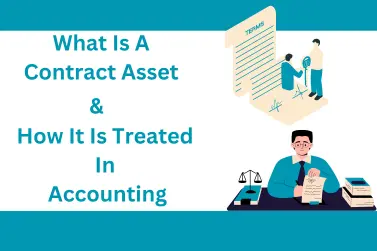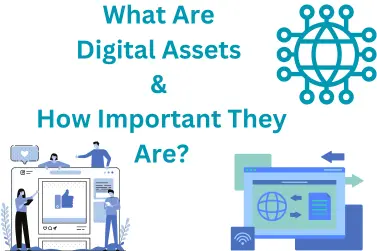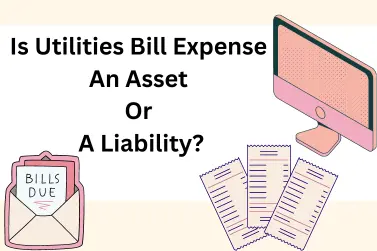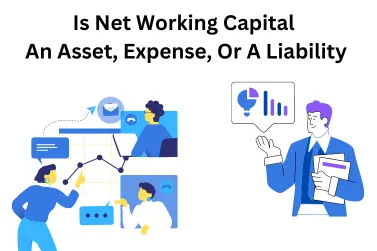What Is A Contract Asset & How It Is Treated In Accounting
A contract asset is an accounting or financial term representing the right to get payment from the clients regarding offering services or products.

A contract asset is an accounting or financial term representing the right to get payment from the clients regarding offering services or products.

A digital asset is something that has monetary value. Anyone can create a digital asset but if it has no monetary value then it is not considered as a digital asset.

Utilities expense is an expense account and it is recorded in the statement of profit and loss as an operating expense. Generally, it is recorded as an expense

Risk assets refer to those financial investments or assets that are linked with high risk and high return as well. Risky assets such as stocks, currencies, high-yield bonds,

Salary expense is part of the business’s core areas or operations. This expense is neither an asset nor a liability because this expense is treated as an operating expense

A credit card is a piece of plastic that helps someone in buying something on credit or without a balance. It is not an asset itself but the outstanding balance

Debt is an example of liability and not an asset because it represents an obligation that a business has to pay in the future or within a specified agreement.

An asset transfer agreement is a legally binding contract that is done between two parties that are involved in transferring and buying an asset.

These assets refer to those valuable resources which are controlled and owned by an individual, group, or family within a household.

When a business is going to dissolve or close, the assets of the business must be sold out for paying its creditors.

A brand asset plays a crucial role in a business by communicating its identity all over the world and to potential customers that helps a business to spread crossway the world.

Net working capital in a business shows the available economic resources that a business can use to manage its day-to-day business operations and short-term obligations.
End of content
End of content